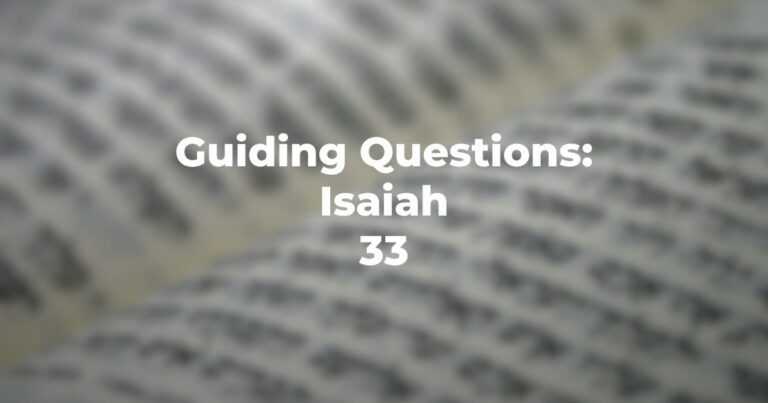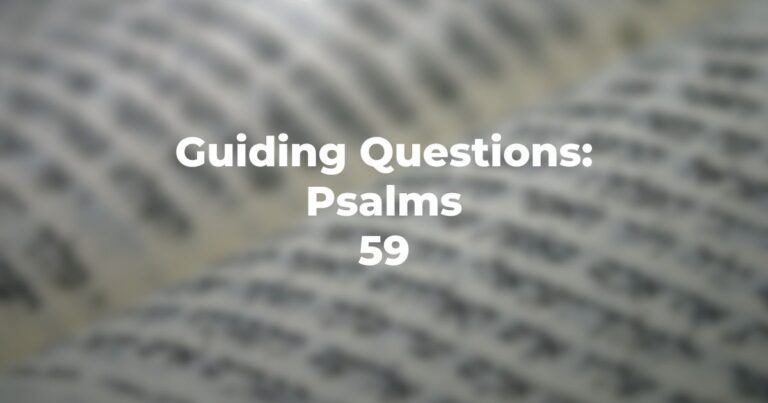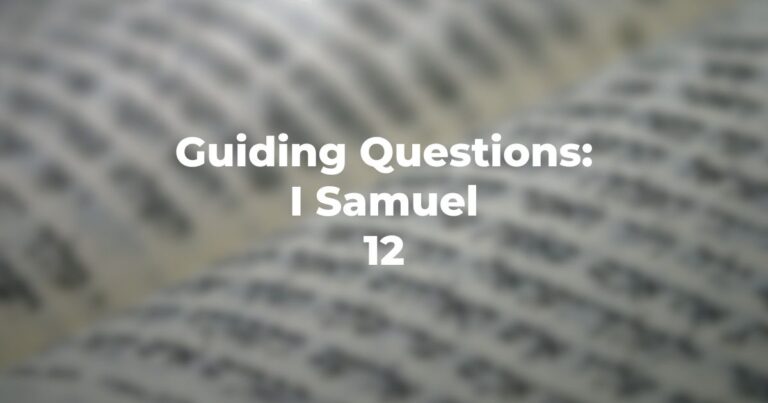- Judging from the introduction would this Psalm be a description of David in his troubled times (or someone other in his troubled times)?
- Would the first two Hebrew words in Psalms 16:2 properly be translated”I said to God” or “I said of God”; does the “lamed” necessarily mean the preposition “to” or, on occasion, may it mean “of”?
- And, in speaking “of God” what do the next two words (the third and fourth) in Psalms 16:2 actually mean in the Hebrew?
- What is it (Psalms 16:4) that the author/Psalmist rejects?
- In Psalms 16:5, clearly stated is the selection that is made by the author — which assumes that there could have been a choice and if so, a choice between what and what?
- Would Psalms 16:7 indicate that the confidence in God is unmarred by a certain experience which may be painful or troublesome?
- Where, in contemporary Jewish living/architecture, do we find the initial phrase of Psalms 16:8?
- In Psalms 16:9, the “joy of heart” and the “joy of liver” would indicate what two categories in the individual (recalling that the heart was the seat of? and the liver was the seat of? — in ancient days)?
- What is meant by the phrase “You will not permit my nefesh to be deserted in Sheol?” Is this a reference to immortality or is this an indication that the person will not be subject to death? And, how would the second part of Psalms 16:10 clarify the first part?
- Where in the liturgy of certain holidays does the end of Psalms 16:11 appear?
Author
-

Exploring Judaism is the digital home for Conservative/Masorti Judaism, embracing the beauty and complexity of Judaism, and our personal search for meaning, learning, and connecting. Our goal is to create content based on three core framing: Meaning-Making (Why?), Practical Living (How?), and Explainers (What?).
View all posts





